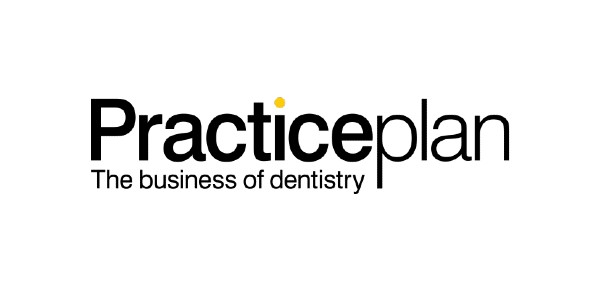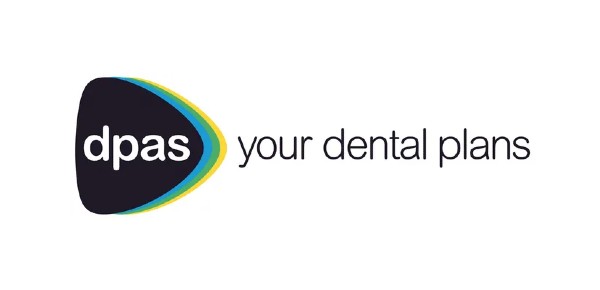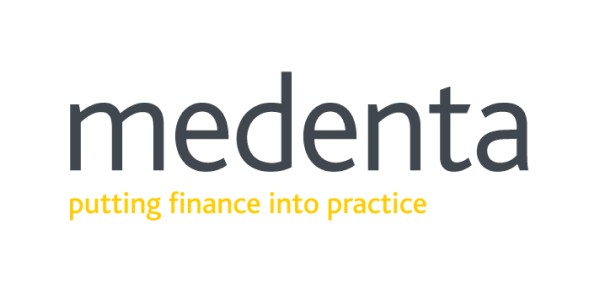


Looking after dentists’ financial needs
At Wesleyan Financial Services, we understand the nuances of financial planning for those in the dental profession.
With a long-standing heritage of providing expert advice for dentists, our Specialist Financial Advisers offer tailored guidance to help you make the most of your money, supporting you with everything from NHS Pension Scheme guidance to protecting your business.
Here for you throughout your dental career…
The early years
Whether you’re still studying at dental school or newly qualified, Wesleyan Assurance Society can offer ongoing support through its Next Step programme.
Mid-career
As your career progresses, we can create a plan to help you reach your financial goals – from opening a dental practice to protecting your income.
Retirement
Ready to pack away your tools for good? We can help you explore the ways you can take your hard-earned pension and enjoy your dream retirement.
A holistic approach to advice
In this video, dentists Robert and Joanna Jenkins share the value of having a Specialist Financial Adviser who understands the unique challenges of the dental profession.
They also discuss how their adviser has helped facilitate valuable connections in the dental community, connecting them to nearby professionals.

What we offer…
Financial advice
Whatever stage you’re at in your career, get one-to-one advice from Specialist Financial Advisers who understand the dental profession.
Savings & investments
Reach your financial goals with our options for saving and investing – from buying your first home to investing for your retirement.
Retirement advice
Whether retirement is a few years away or your post-work years are fast approaching, we can help you plan for life after dentistry.
Mortgages
Wesleyan Financial Services specialise in providing mortgage advice tailored to dentists. Let us find the right deal for you today.
Protection
At Wesleyan Financial Services, we’re here to find the right protection from our selected panel of providers – for your income, mortgage, practice and more.
Business funding
From covering costly refurbishment plans to investing in the latest dental equipment, we can help you find the business funding solutions for your needs.
Whatever stage you’re at in your career, get one-to-one advice from Specialist Financial Advisers who understand the dental profession.
Reach your financial goals with our options for saving and investing – from buying your first home to investing for your retirement.
Whether retirement is a few years away or your post-work years are fast approaching, we can help you plan for life after dentistry.
Wesleyan Financial Services specialise in providing mortgage advice tailored to dentists. Let us find the right deal for you today.
At Wesleyan Financial Services, we’re here to find the right protection from our selected panel of providers – for your income, mortgage, practice and more.
From covering costly refurbishment plans to investing in the latest dental equipment, we can help you find the business funding solutions for your needs.
What our customers say...
Business advice for dentists
Whether you're an NHS dentist or you've moved into private practice, transitioning from healthcare provider to business owner can be challenging. At Wesleyan Financial Services, our Specialist Financial Advisers are on hand to help you navigate the complexities of practice ownership.

Expert guidance
We offer financial expertise in the following areas:
- Protecting your business against a number of unexpected risks
- The process of buying or selling a dental practice
- Understanding your partnership agreement
- Planning your practice exit strategy
- Reviewing your associate dentist contract
- Incorporating your dental practice into a limited company
- Finding the right funding solutions for your practice

Our dental partnerships
At Wesleyan Financial Services, we know that running a dental practice can present a range of complex responsibilities - and the difference having the right support in place can make.
That's why we're committed to connecting you with a network of trusted professionals who understand the dental world, including specialist accountants, solicitors, estate agents and lenders.
See how our network of expert dental partners can help your practice thrive today.
You might be interested in…

The 10 financial truths of practice ownership
NHS Pension Scheme guide
Incorporating a dental practice
Here we share some key things to consider before incorporating your dental practice – from potential tax advantages to protecting your personal assets.

GUIDES
A guide to pensions for limited company directors
Here we discuss what you need to know about pensions as a company director - from how to make contributions to potential tax benefits.

DENTAL PLANS
Dental plans from Practice Plan
Discover the UK's leading provider of practice-branded dental membership plans. Part of Wesleyan Group, find out more today.

ADVICE
Estate planning for dentists
Leave more to those you love with our estate planning advice tailored to dentists. We can help you work out the value of your estate, set up a trust and more.

GUIDES
NHS to private dentistry: what happens to your pension?
Moving from NHS dentistry to private practice is a significant career milestone, but what impact will it have on your pension? Learn more here.
Wesleyan Financial Services works with...
Practice Plan and DPAS are introducer appointed representatives of Wesleyan Financial Services Limited.
Specialist advice
Specialist Financial Advisers from Wesleyan Financial Services understand the dental profession
Award winning
Wesleyan Assurance Society was awarded 'Best ISA Provider of the Year' at the Wealth & Asset Management Awards 2025
Our heritage
Since 1841, the Wesleyan Assurance Society has been helping people reach their financial goals
All about you
As a mutual, customers are at the heart of everything the Wesleyan Assurance Society does



